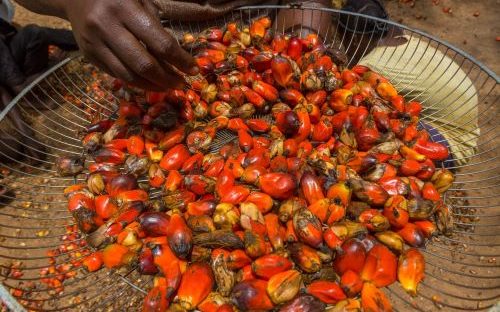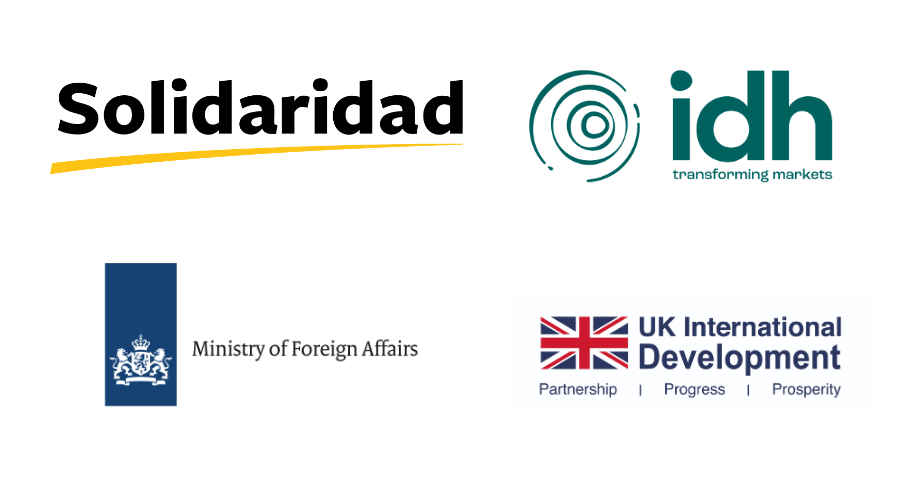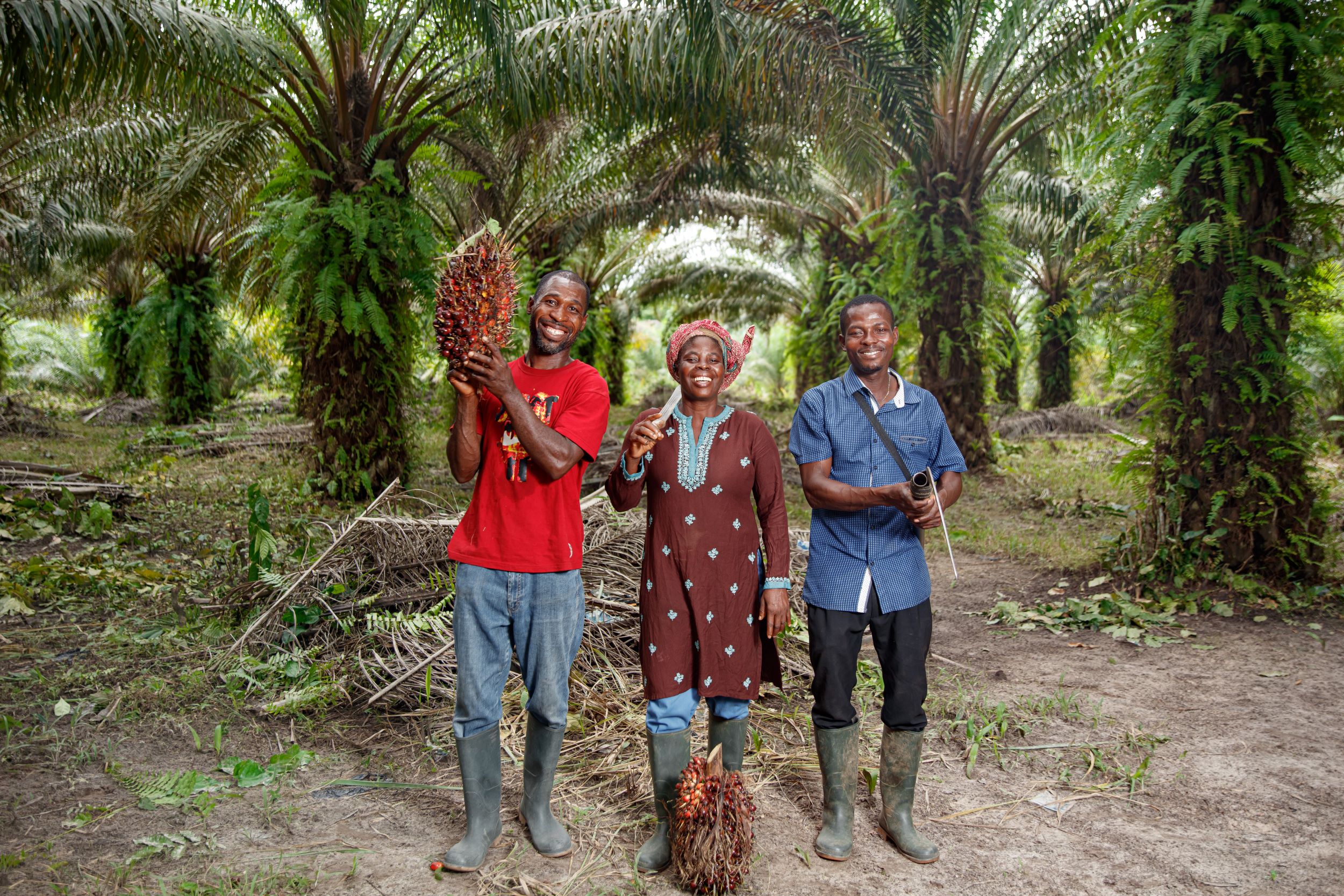For many people across producing countries, palm oil means food security, employment, and financial health. But its global expansion is associated with significant greenhouse gas emissions, deforestation, and harsh labour conditions. Smallholders produce most of the world’s palm oil, and they can’t seem to adapt to new sustainable standards. Because of this there have been calls to halt the production of palm oil altogether.
At Solidaridad and IDH we know that there is a better solution. With partners across the globe we are designing new ways for producers to contribute to a supply chain that is sustainable for the environment and for the communities that depend on it. Our solution are the National Initiatives for Sustainable Oil Palm Smallholders, the NISCOPS programme, with the second phase now running from 2024 to 2028.

What is the NISCOPS Approach?
What is NISCOPS? NISCOPS is a programme that operates in landscapes in Indonesia, Malaysia, Colombia, Nigeria and Ghana, and with a focus on Asian (including India) and European markets, aiming to create partnerships to make palm oil production sustainable and beneficial to all. This means supporting smallholder farmers to live in balance with nature. But first that requires the right techniques and the right partnerships. And of course this means closing the certification gap, and taking our landscape approach to a global level.
But if we are going to reach this goal, we need an ambitious approach.
Learn More about NISCOPS work around the globe (Phase 1: 2019-2023)
NISCOPS is not about ticking an administrative box that says certified. It is about making real change on the ground. Good for those who produce palm oil, and for the planet as a whole. NISCOPS raises the floor, and not just the ceiling, to contribute to the livelihoods of smallholders and to a future where sustainable palm oil is the norm, not an exception.
Are you interested in learning more? You can reach out to our Programme Manager, Jorrit Reintjes.
NISCOPS is a partnership of:






